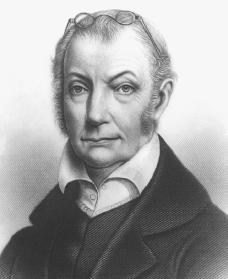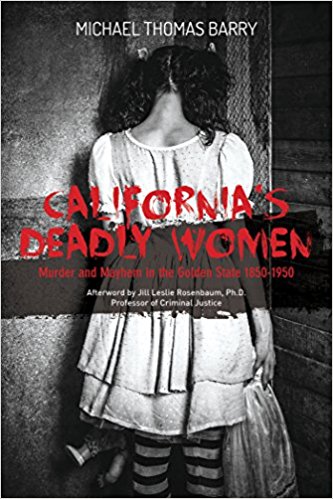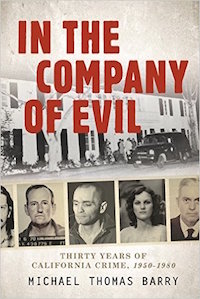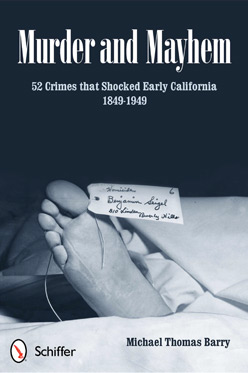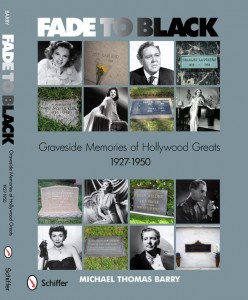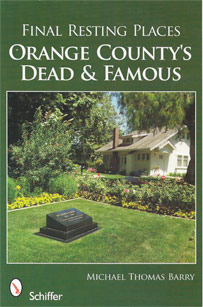09.01
On this date in 1807, Former U.S. vice president Aaron Burr is acquitted of treason for plotting to annex parts of Louisiana and Spanish territory in Mexico to be used toward the establishment of an independent republic. He was acquitted on the grounds that, though he had conspired against the United States, he was not guilty of treason because he had not engaged in an “overt act,” a requirement of the law governing treason. Nevertheless, public opinion condemned him as a traitor, and he fled to Europe. Aaron Burr, born into a prestigious New Jersey family in 1756, graduated from the College of New Jersey (later Princeton) at the age of 17. He joined the Continental Army in 1775 and distinguished himself during the Patriot attack on Quebec. A masterful politician, he was elected to the New York State Assembly in 1783 and later served as state attorney. In 1790, he was elected to the U.S. Senate. In 1797, Burr ran for the vice presidency on Thomas Jefferson’s Democratic-Republican ticket (the forerunner of the Democratic Party), but the Federalist John Adams won the presidency. In 1797 Burr left the Senate and returned to the New York Assembly.
In 1800, Jefferson again chose Burr as his running mate. Under the electoral procedure then prevailing, president and vice president were not voted for distinctly; the candidate who received the most votes was elected president, and the second in line, vice president. Jefferson and Burr each won 73 votes, and the election was sent to the House of Representatives. What at first seemed but an electoral technicality–handing Jefferson victory over his running mate–developed into a major constitutional crisis when Federalists in the lame-duck Congress threw their support behind Burr. After a remarkable 35 tie votes, a small group of Federalists changed sides and voted in Jefferson’s favor.
Burr became vice president, but Jefferson grew apart from him, and he did not support Burr’s election to a second term in 1804. That year, a faction of New York Federalists, who had found their fortunes drastically diminished after the ascendance of Jefferson, sought to enlist the disgruntled Burr into their party and elect him governor. Burr’s old political antagonist Alexander Hamilton campaigned against him with great fervor, and he lost the Federalist nomination and then, running as an independent for governor, the election. In the campaign, Burr’s character was savagely attacked by Hamilton and others, and after the election he resolved to restore his reputation by challenging Hamilton to a duel, or an “affair of honor,” as they were known. Affairs of honor were commonplace in America at the time, and the complex rules governing them usually led to a resolution before any actual firing of weapons. In fact, the outspoken Hamilton had been involved in several affairs of honor in his life, and he had resolved most of them peaceably. No such recourse was found with Burr, however, and on July 11, 1804, the enemies met at 7 a.m. at the dueling grounds near Weehawken, New Jersey.
There are conflicting accounts of what happened next. According to Hamilton’s “second” his assistant and witness in the duel, Hamilton decided the duel was morally wrong and deliberately fired into the air. Burr’s second claimed that Hamilton fired at Burr and missed. What happened next is agreed upon: Burr shot Hamilton in the stomach, and the bullet lodged next to his spine. Hamilton was taken back to New York, and he died the next afternoon. Few affairs of honor actually resulted in deaths, and the nation was outraged by the killing of a man as eminent as Alexander Hamilton. Charged with murder in New York and New Jersey, Burr, still vice president, returned to Washington, D.C., where he finished his term immune from prosecution. In 1805, Burr, thoroughly discredited, concocted a plot with James Wilkinson, commander-in-chief of the U.S. Army, to seize the Louisiana Territory and establish an independent empire, which Burr, presumably, would lead. He contacted the British government and unsuccessfully pleaded for assistance in the scheme. Later, when border trouble with Spanish Mexico heated up, Burr and Wilkinson conspired to seize territory in Spanish America for the same purpose. In the fall of 1806, Burr led a group of well-armed colonists toward New Orleans, prompting an immediate U.S. investigation. General Wilkinson, in an effort to save himself, turned against Burr and sent dispatches to Washington accusing Burr of treason. In February 1807, Burr was arrested in Louisiana for treason and sent to Virginia to be tried in a U.S. court. On September 1, he was acquitted on a technicality. Nevertheless, the public condemned him as a traitor, and he went into exile to Europe. He later returned to private life in New York, the murder charges against him forgotten. He died in 1836.

